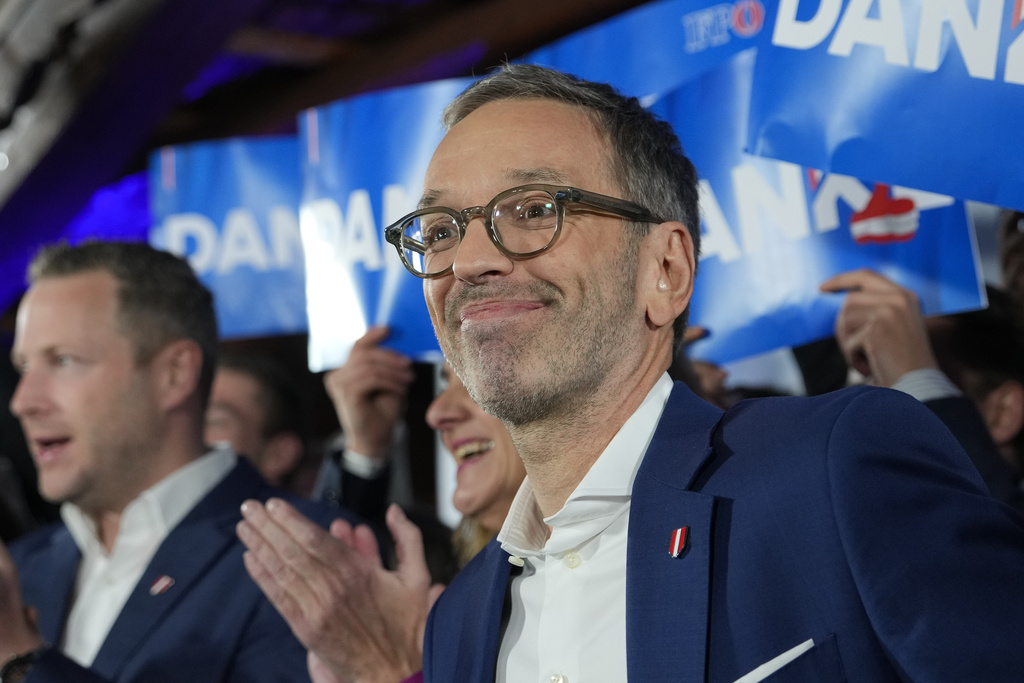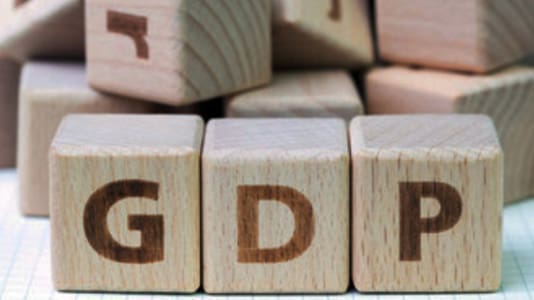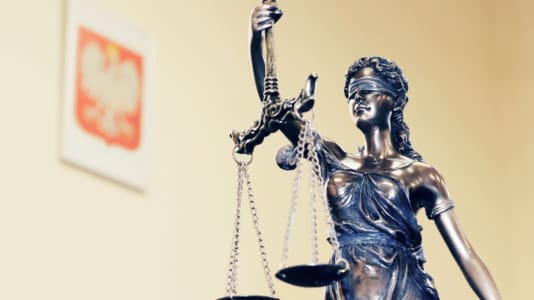The Freedom Party of Austria (FPÖ), led by Herbert Kickl, has reached a historic high in the latest polling, securing 33 percent of voter support, according to a survey conducted by the Lazarsfeld Society for the news outlet OE24.
This represents a significant rise in popularity for the right-wing party, which came out as the single largest party in Austria’s recent parliamentary elections but was sidelined from coalition talks by the legacy parties.
In last month’s election, Kickl’s party secured the most votes, with 28.8 percent of the electorate backing his anti-mass migration policies.
The FPÖ’s support appears to have soared by more than four percentage points a month following the fallout from Federal President Alexander Van der Bellen’s decision to commission ÖVP leader Karl Nehammer with the task of forming the next government.
The controversial move, which Van der Bellen himself admitted was a deviation from convention, has raised concerns among many Austrians about the impending democratic deficit.
Legacy parties appear to have paid a high price already for the cordon sanitaire effectively imposed around the election-winning FPÖ.
The traditional center-right Austrian People’s Party (ÖVP) saw a drop to 23 percent, down more than three points from its election result of 26.3 percent recorded just last month. Meanwhile, the center-left Social Democratic Party (SPÖ) also dropped in support from 21.1 percent to 19 percent.
The backlash appears to have stemmed from their conduct in initial talks immediately after the election and their refusal to name Kickl as the next chancellor, a position many voters see as contributing to Austria’s current democratic deficit.
Elsewhere, the liberal NEOS (New Austria and Liberal Forum) party experienced a small surge in popularity, reaching 11 percent. Positioned as a potential “kingmaker” in the coalition talks, NEOS is attracting increased voter interest as discussions around their potential role in government unfold. The Greens remained stable with 8 percent support.
This polling comes as Austria faces ongoing political uncertainty. Both the ÖVP and SPÖ are reportedly in early talks about a potential coalition, but analysts suggest they may have difficulty securing stable support and commanding authority given their declining popularity and refusal to engage with the FPÖ.
The shift in voter sentiment underlines the challenges of forming a government that fully reflects the electorate’s preferences, as a substantial segment of Austrian voters currently remains underrepresented.
A planned demonstration by opponents of a coalition without the FPÖ is scheduled to take place on Nov. 9.






